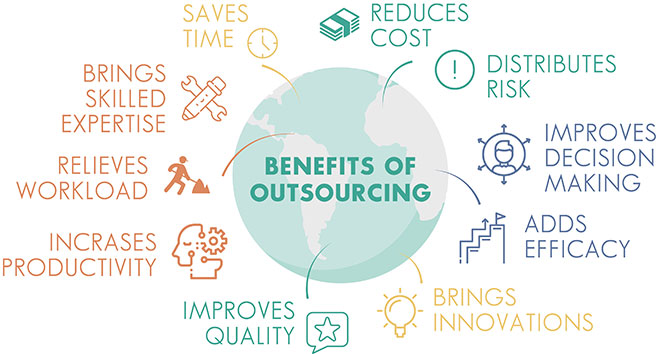
What are Alternative Search Engines, and How Should SEO Experts Use them?
More competing search engines have come onto the scene during the past few years, depleting the market share of multinational corporations.
Smaller businesses can now create search engines that provide distinctive value propositions depending on confidentiality, safety, topical correctness, charity donations, and more, thanks to open-access technologies and affordable tools.
Nevertheless, what does this imply for search engine optimization (SEO)? Alternative search engines: are they merely a niche issue unlikely to threaten Google’s hegemony? Or ought they be utilized as a beneficial source of traffic? Should digital marketing companies in Virginia consider alternative search engines when devising SEO strategies?
Overview of the Market for Search Engines Today
The following traditional search engines command the highest worldwide market share across all platforms, as per accumulation data from GlobalStats for the previous twelve months:
- Bing
- Yandex
- Yahoo
- Baidu
- DuckDuckGo
On a national level, there are a few things to consider. Although Google continues to be the most popular search engine in South Korea, Naver has a share in the market of 25.6%, which is eight times greater than that of Google’s nearest rival in the US. Additionally, Yandex, which targets primarily Russian speakers, holds 49.02% of the market, making Russia unusual in this regard. With a 75.54% market share in China, Baidu is by far the most used online search engine.
How Should Digital Marketers and SEOs React?
You probably want to know what your SEO approach should look like in light of the growing number of competing search engines. Fortunately, you can do many doable things to benefit from these lesser search engines.
The following considerations should be made by SEOs and marketers when dealing with smaller search engines:
Acknowledge that Google is still the dominant player and that there is no risk in optimizing for niche search engines for SEOs and marketers. But it’s critical to keep in mind that Google commands a market share of more than 90% worldwide. Google is the source of the majority of traffic for online businesses. As a result, you should focus the majority of your SEO efforts on optimizing for well-known Google ranking factors.
Include topical and foreign-language search engines in your planning – If your company sells to international customers, you must optimize for language-specific search engines. Similarly, an IT solution provider company should consider secondary search engines if your content is centered on a key topic and they are available. For instance, accounting firms should aim to rank in IFACnet, while cookbook producers will probably profit from being listed in Yummly.
Give high-quality content and user experience (UX) top priority. The search industry is moving toward websites with high-quality, relevant information that is both technically sound and quick. Optimizing for these variables is the best way to future-proof your website for alternative search engines.
Select an SEO software that keeps track of competing search engines. By choosing an SEO tool that monitors supplemental search engines, you can keep track of your positions and make any adjustments.
Even though not all search engines have publicly disclosed their ranking determinants, it is still imperative to be “completionist” when creating web pages by including structured data, meta descriptions, instructions, and other elements.
By thoroughly optimizing, you may be confident that you’re taking into account search engines that aren’t necessarily as sophisticated as Google. Meta keywords, for instance, are still significant elsewhere even though Google doesn’t use them as a ranking criterion.…



